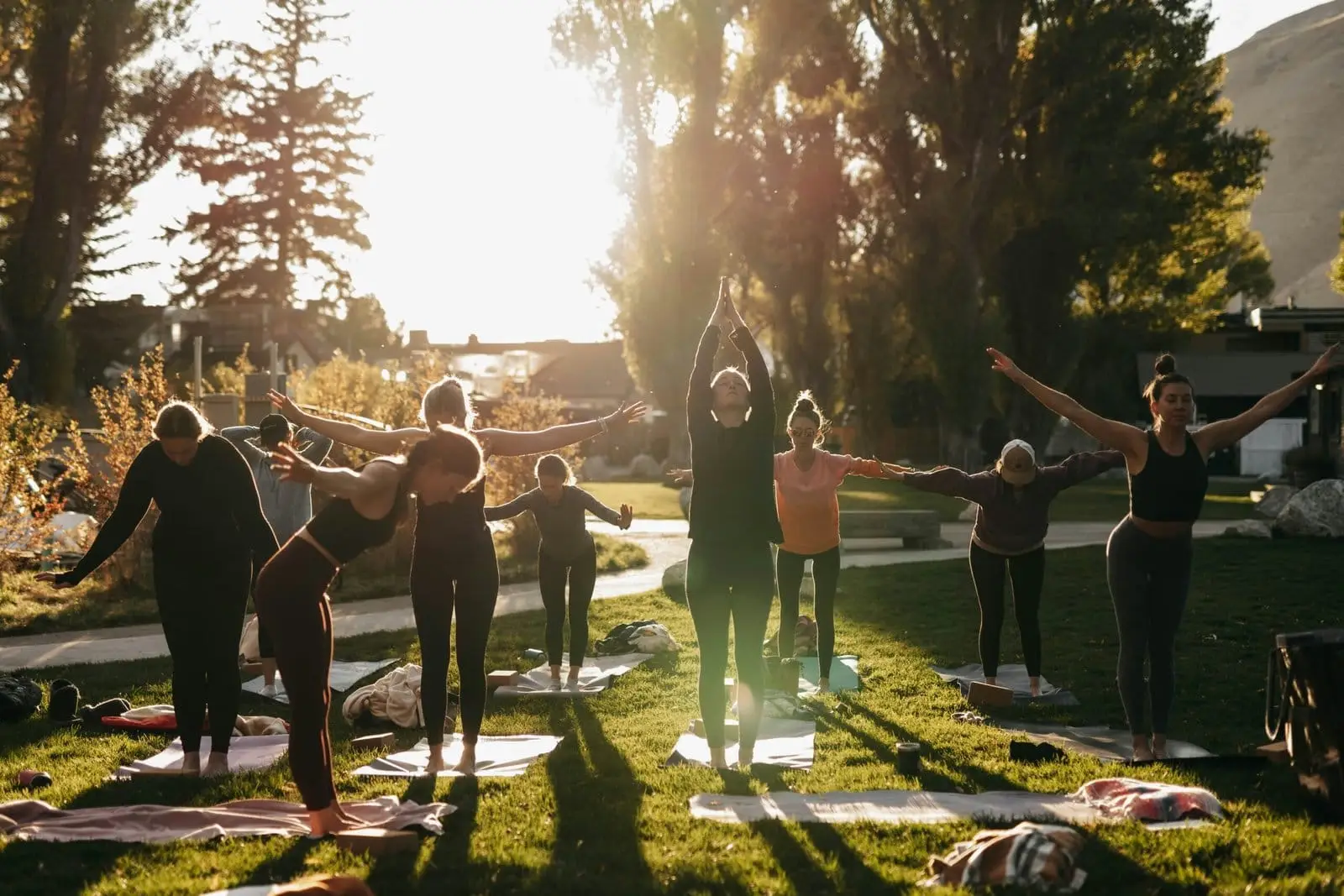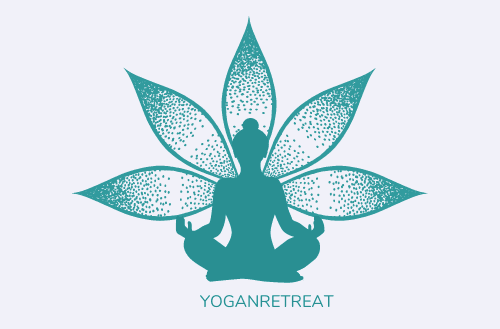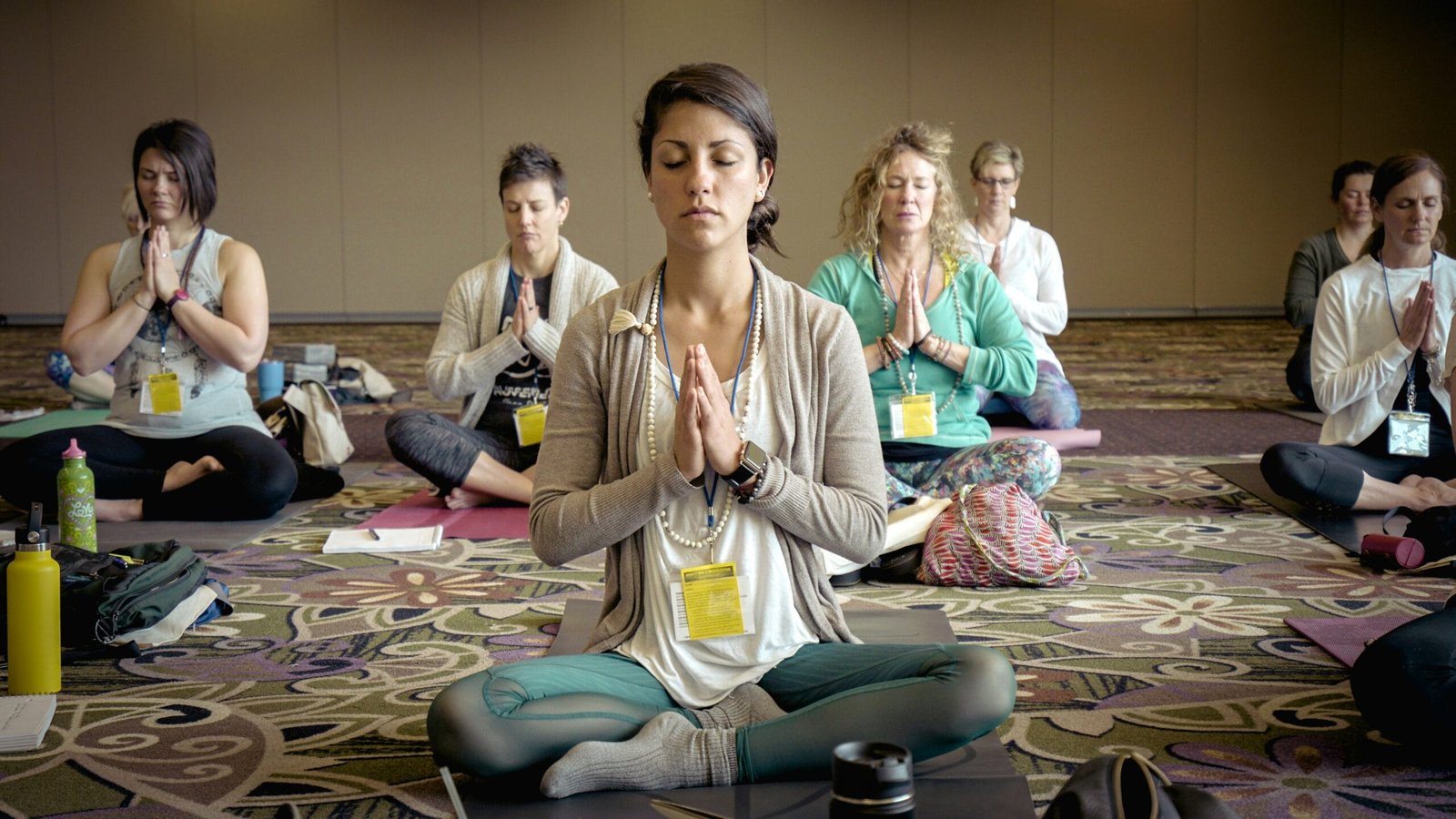
Understanding Retreats: Importance and Benefits
What is a Retreat?
A retreat commonly refers to a period of time dedicated to withdrawing from one’s usual surroundings to focus on specific goals such as self-reflection, personal development, or team cohesion. The concept of retreats can be traced back to various cultural and religious practices, where individuals would temporarily escape the hustle and bustle of daily life to seek clarity, peace, or spiritual growth. This tradition has evolved over time, leading to various modern interpretations of retreats, each catering to different needs and preferences.
Retreats can manifest in numerous forms, such as spiritual, wellness, or corporate gatherings. Spiritual retreats often emphasize mindfulness and introspection through practices like meditation, prayer, or yoga. These experiences allow participants to connect with their inner selves, promoting mental and emotional well-being. Wellness retreats, on the other hand, focus on overall health, incorporating activities like yoga sessions, nutritional workshops, and alternative therapies. These retreats are designed to rejuvenate participants, addressing both physical health and mental resilience.
Corporate retreats are distinct, typically aimed at team-building and fostering collaboration among colleagues. These events often take place in serene environments away from the office, allowing teams to bond through structured activities, discussions, or goal-setting sessions. Regardless of the form, retreats often occur in diverse settings ranging from tranquil nature landscapes to specialized wellness centers or even urban spaces designed for such activities.
The unique purpose and structure of each retreat can significantly impact participants’ experiences, making it essential to choose the type that aligns with individual or organizational objectives. Ultimately, retreats are about creating an intentional space for exploration, renewal, and growth.
Types of Retreats
Retreats have gained widespread popularity in recent years, offering diverse options suited to different needs and preferences. Several types of retreats are available, catering to various goals, activities, and participants. Among these, wellness retreats focus on enhancing physical and mental health through holistic practices. These retreats often incorporate activities such as meditation, nutrition workshops, and physical exercises, providing guests with tools to foster well-being.
Yoga Retreats
Yoga retreats represent another prevalent form of retreats and typically emphasize physical postures, breathwork, and mindfulness. They are designed for individuals seeking to deepen their yoga practice, find relaxation, or escape the stresses of daily life. Many yoga retreats are held in tranquil settings, such as beaches or mountains, reinforcing the connection to nature and facilitating inner peace.
Spiritual retreats
Spiritual retreats encourage participants to explore their beliefs and seek personal growth through reflection and introspection. These retreats may involve silent meditations, group discussions, and spiritual practices, allowing individuals to disconnect from everyday distractions and build a stronger connection to their inner selves or their faith.
Corporate retreats
Corporate retreats are structured to foster teamwork and boost employee morale. Companies often organize such retreats to conduct workshops, engage in team-building exercises, or strategize in a relaxed environment. Participants usually aim to enhance communication skills and develop connectivity among team members, ultimately improving workplace dynamics.
Nature retreats
Nature retreats are designed for those looking to unplug from technology and immerse themselves in the great outdoors. From hiking to camping or meditation in serene settings, these retreats aim to rejuvenate participants by reconnecting them with nature. Attendees are typically individuals seeking adventure as well as those yearning for tranquillity.
Each type of retreat serves distinct purposes and attracts a variety of participants, ensuring that there are ample options for individuals seeking personal growth, relaxation, or community engagement.
Why Are Retreats Important?
Retreats serve as sanctuaries away from the daily hustle and bustle, providing individuals with a unique opportunity to step back from their fast-paced lives. This setting not only allows for a much-needed break but also fosters a deeper understanding of one’s inner self, promoting mental, emotional, and spiritual well-being. In an age characterized by constant connectivity and relentless schedules, these wellness retreats become vital for personal growth and rejuvenation.
Engaging in a retreat can significantly enhance self-awareness. Participants often find that the peaceful environment encourages introspection and reflection. Whether it is through guided meditation, mindful yoga practices, or simple quiet time, individuals can reconnect with their thoughts and feelings, allowing for emotional growth and healing. This self-awareness often leads to a renewed sense of purpose and clarity in one’s life.
Moreover, retreats can spark creativity. By removing oneself from everyday distractions, individuals can tap into new perspectives and ideas that may have been obscured in their routine. The tranquil surroundings and structured activities at yoga retreats stimulate creativity, facilitating the exploration of new passions and talents. This re-engagement with one’s creative side could be transformative, benefiting both personal and professional dimensions of one’s life.
In addition to enhancing individual well-being, retreats also cultivate connections amongst participants. Shared experiences during a wellness retreat can foster a sense of community, creating lasting bonds that extend beyond the duration of the event. This communal aspect of retreats reinforces the importance of connection, highlighting how collaboration and support from others can lead to personal transformation.
As modern life continues to present challenges that can lead to burnout and stress, understanding the importance of retreats cannot be overstated. They are essential tools for revitalization, self-discovery, and communal bonding in both personal and professional spheres.
Benefits of Attending a Retreat
Participating in a retreat offers various advantages that contribute significantly to personal growth and well-being. One of the primary benefits is stress reduction. In today’s fast-paced world, individuals often find themselves overwhelmed by daily responsibilities and pressures. Retreats, particularly wellness retreats, provide a serene environment to disconnect from the chaos, allowing participants to relax and recharge. Immersive practices such as yoga, meditation, and mindfulness help cultivate a sense of inner peace and tranquility, fostering a deeper connection to oneself.
Another significant benefit is the improvement in mental clarity. Many retreats incorporate structured programs designed to enhance cognitive function. Through activities such as guided workshops and reflective journaling, individuals can gain insights into their thoughts, emotions, and behaviors. This clarity often leads to better decision-making and problem-solving skills, enabling participants to return to their daily lives with renewed focus and purpose.
Additionally, retreats can significantly enhance relationships. Group activities and shared experiences create opportunities for participants to connect with like-minded individuals. The supportive atmosphere encourages vulnerability and open communication, leading to deeper interpersonal connections. Such relationships can be invaluable, as they often provide ongoing support and camaraderie long after the retreat has concluded.
Furthermore, retreats often place a strong emphasis on personal development. Tailored activities, whether they involve physical wellness or emotional healing, are designed to push participants out of their comfort zones. Engaging with new concepts, learning new skills, and embracing challenges are all integral to the retreat experience. This process not only fosters personal enrichment but also encourages a holistic approach to well-being.
Overall, attending a retreat creates a unique opportunity for individuals to invest in their personal journey, harnessing the benefits of a focused, supportive environment to achieve lasting change and growth.




